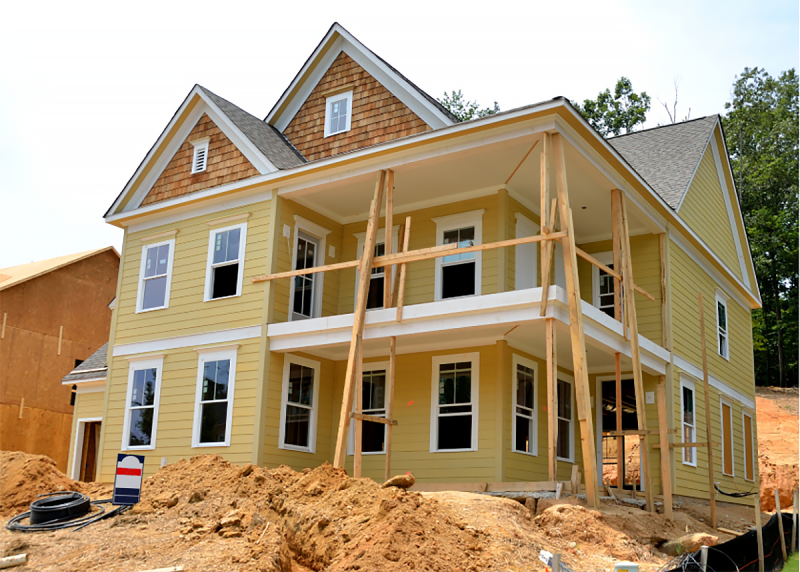Advertisement
With Small Town Flair, NAMB Caps A Record Year
15- vs. 30-year loansDick Leprerefinancing, 15-year loan, 30-year loan
When people are refinancing, they often find that they have been
paying on the mortgage for several years and don't want to get
another 30-year loan. Refinancing, from this perspective, seems
like the path to perpetual debt. One reaction is often, "Hey, why
don't I get a 15-year loan? That way I'll actually own my house
while I'm still alive."
Is a 15-year loan much better than a 30-year loan? The answer is
certainly open to debate, but I think the answer is most likely
not. I believe the disadvantages usually outweigh the
advantages.
The only true advantage of a 15-year loan is that it has a lower
rate. If you pay a loan off in 15 years, you will pay much less
total interest. That fact is indisputable, but is it
advantageous?
Disadvantages
The disadvantage of a 15-year loan is that it requires a much
higher payment than a 30-year loan. My experience has been that
many people who qualify for a 30-year loan cannot qualify for a
15-year loan. This implies that they may not be able to afford it.
A payment that seems okay today, could prove to be a disaster if
times get tough. They might find that just when the mortgage
payment is getting oppressive, they cannot refinance to a 30-year
loan because of credit or income problems.
What about all that interest?
People do pay a lot more interest over the life of the loan with
the 30-year loan. But it is difficult to borrow money at a lower
rate than the mortgage on their principal residence. Why not lock
that rate in for 30 years rather than 15? It's not far-fetched to
suggest that the average person could get a better than 7% return
on those dollars.
Don't forget that Uncle Sam is helping by making the interest
tax deductible. In effect, the 7% may be more like 4.5% "after
taxes."
Invest your money wisely
One common analysis is to consider the options of getting a 30-year
mortgage and investing the payment difference between that and a
15-year mortgage into a 401K. A fair comparison is to compare what
the balance in the 401K account would be compared to what one would
have if nothing was put into the account for the first 15 years and
then the entire payment was put into 401K for the next 15
years.
In one scenario, a borrower with a $150,000 loan who put the
extra into a 401K would have $1.17 million in the account after 30
years. Using the 15-year plan, he would have $791,000 after 30
years.
This assumes that one has the discipline to do this. If one
lacks the discipline to save and can afford the 15-year loan, then
the 15-year would be the better choice. The harsh fact is that
those lacking discipline often have other problems (debt or
credit), making a 15-year loan a problem with underwriters.
The real difference
This entire discussion assumes that the rate on the 15-year is so
much better than the 30-year to really make a difference.
Presently, inflation is low, the yield curve is flatter than usual
and the difference between a 15-year and 30-year rate is not as
much as usual. As a rule, I would find the 15-year worthy of
consideration only if the rate obtained is 0.5% better than the
30-year loan at the same cost. Lately, the difference has been
around 0.25%.
Some articles on the Web discussing this subject may be found at
http://habersham.iac.gatech.edu/faculty/mrozek/mortgage.htm,
and a "fun-to-play-with" scenario calculator, designed to compare
15- and 30-year mortgages can be found at
http://www.calcbuilder.com/cgi-bin/HOM6.cgi/FinanCenter.
We will soon be adding similar calculators to our Web site (www.homeowners.com) in an
effort to ease the mortgage decision-making process.
Dick Lepre is the senior loan officer at Homeowners.com. He
can be reached at (415) 861- 1142 (extension 222), via e-mail at
[email protected], or on his Web site at www.homeowners.com.
About the author




